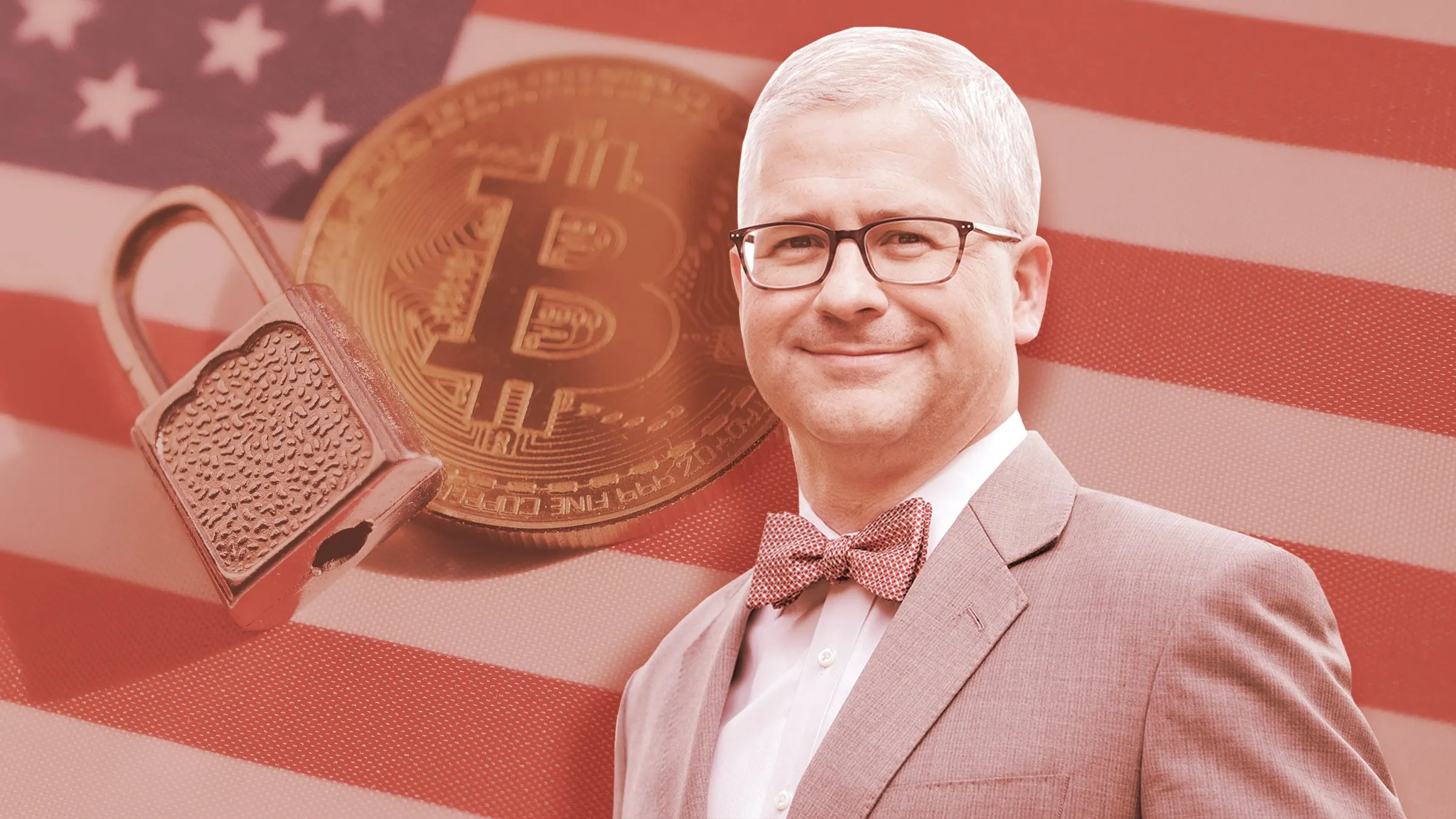After assuming control of the House of Representatives, Republicans are forming what they are calling a first-of-its-kind congressional group focused on digital assets.
The new Subcommittee on Digital Assets, Financial Technology and Inclusion was announced Thursday by Congressman Patrick McHenry (R-NC), as other subcommittees for the House Financial Services Committee were put forth.
McHenry said he believes there’s “a big hole in how we structure the committee,” as it spends more resources on topics related to the digital asset sector instead of the larger financial industry, Politico reported Thursday.
#NEW: Chairman @PatrickMcHenry announces Financial Services Subcommittees and Chairs for the 118th Congress.
👇 Read more 🔗 https://t.co/6XRG4zPfjE pic.twitter.com/bNZCXWtiOh
— Financial Services GOP (@FinancialCmte) January 12, 2023
The subcommittee will be chaired by Congressman French Hill (R-AR), who was also named as the full committee’s vice-chairman. The new panel will provide “rules of the road” for federal regulators of the digital asset ecosystem, as well as develop policies that reach underserved communities through the promotion of financial innovation, according to a recent press release.
"At a time of major technological advancement and change in the financial sector, it is our job to work across the aisle and promote responsible innovation while encouraging FinTech innovation to flourish safely and effectively in the United States,” Hill wrote in a statement shared on Thursday.
The panel’s creation comes as multiple pieces of crypto-related legislation work their way through the legislative process, such as the Lummis-Gillibrand Responsible Financial Innovation Act—introduced in the Senate in June of last year—and more recently, The Stablecoin TRUST Act, introduced by former Republican Senator Patrick Toomey in the final weeks of his Congressional career.
Hill is no stranger to crypto policy initiatives. In 2021, Hill co-sponsored a bill that required the Board of Governors of the Federal Reserve System to study the potential impact of a U.S. Central Bank Digital Currency (CBDC), calling it “important work” when the report was eventually released.
Some Republican lawmakers have been critical of how regulators have handled the digital assets industry, such as Congressman Tom Emmer (R-MN), who has called out the Securities and Exchange Commission (SEC) under Chairman Gary Gensler for a so-called regulation through enforcement approach.
Republicans are expected to use the 118th Congress as an opportunity to establish regulatory clarity for the nascent asset class—an objective widely shared across the financial sector as well as through the halls of government.
McHenry had identified the digital assets ecosystem as an area for the House Financial Services Committee to work on in December when he was selected as the committee’s new chairman, saying it will seek “a comprehensive regulatory framework for the digital asset ecosystem.”
McHenry was among the many lawmakers who joined a chorus of criticism following the swift collapse of cryptocurrency exchange FTX in November, arguing that a solid regulatory framework would’ve helped avoid the crisis which shook crypto to its core and negatively impacted countless American investors.
“For years, I have advocated for Congress to develop a clear regulatory framework for the digital asset ecosystem, including trading platforms,” McHenry wrote in a press release. “It’s imperative that Congress establish a framework that ensures Americans have adequate protections while also allowing innovation to thrive here in the U.S.”
He also floated the possibility of speaking with companies such as Binance, focussing on what role it played in FTX’s collapse after CEO Changpeng Zhao telegraphed his company’s move to sell its holdings of FTT—and later abandoned its buyout of Sam Bankman-Fried’s now-bankrupt exchange.
“I look forward to learning more from FTX and Binance in the coming days about these events and the steps they will take to protect customers during the transition,” McHenry stated.

